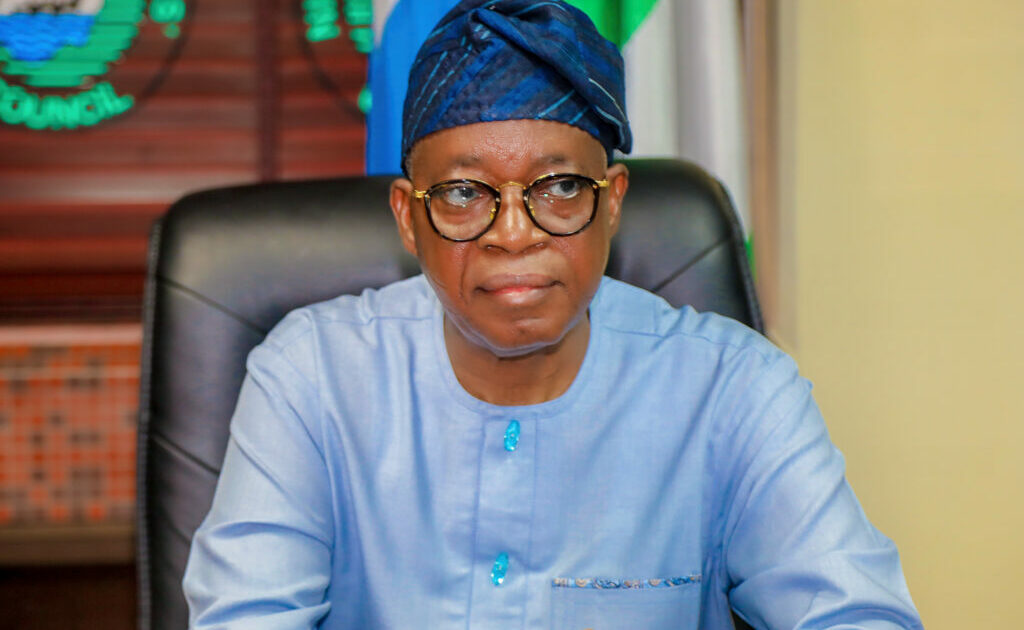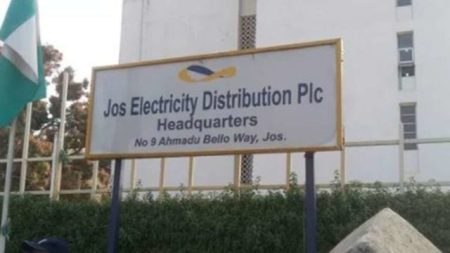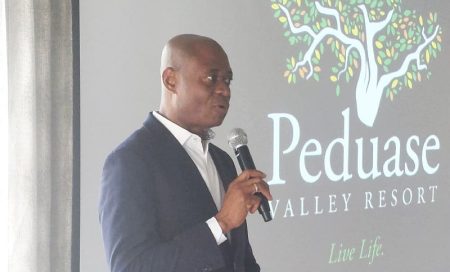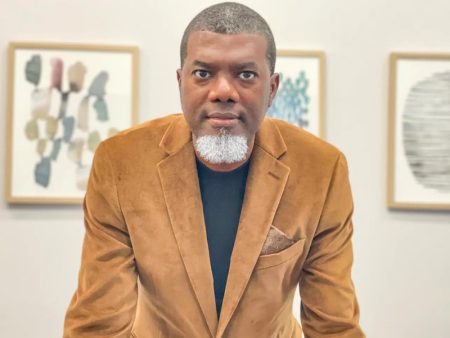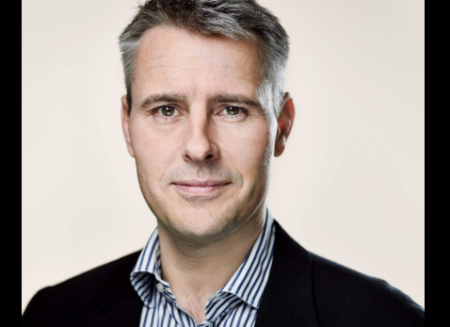The first eight months of 2025 witnessed a spate of tragic boat accidents across Nigeria, claiming the lives of approximately 92 passengers. These incidents, scattered across various states including Rivers, Niger, Sokoto, Kwara, and Zamfara, underscore the persistent dangers lurking on the nation’s waterways despite government efforts to improve safety. The recurring theme in these tragedies is the use of unsafe wooden boats, often overloaded and ill-equipped to handle the demands of commercial transport. This alarming trend necessitates a shift towards more modern and robust vessels to prevent further loss of life.
A chronological examination of the reported accidents reveals a grim picture. In January, a boat capsized near Bonny Island, resulting in three fatalities. May witnessed a devastating incident on the Niger River border in Kwara State, where a storm-induced capsize claimed the lives of 27 passengers returning from a market. July brought further tragedy to Niger State, with a boat capsize near Gumu village leaving at least 13 feared dead. August proved to be particularly disastrous, marked by multiple accidents in Sokoto State. One capsize in Goronyo market left 25 missing, while another in the Faji community resulted in six confirmed deaths and three missing persons. The month concluded with a heart-wrenching incident in Zamfara State, where a boat carrying fleeing villagers capsized, claiming the lives of at least 16 people, with more than 20 initially reported missing. Adding to this somber toll, a weekend accident in Sokoto State’s Jaranja River claimed two more lives.
The Minister of Marine and Blue Economy, Adegboyega Oyetola, has consistently advocated for the phasing out of wooden boats, emphasizing their inherent vulnerability and unsuitability for modern commercial operations. He highlighted the structural weaknesses of these boats, making them particularly susceptible to accidents, especially when overloaded. The minister stressed the need for a transition to sturdier and safer alternatives, such as fibre and aluminum boats, which represent the global standard for waterway transport. He urged state governments to invest in these modern vessels, characterizing such investments as crucial for both saving lives and promoting economic development.
The Federal Government has undertaken various initiatives to enhance waterway safety, including the distribution of 42,000 life jackets to users across 12 riverine states. This effort, launched in Minna, Niger State, aims to mitigate the risks associated with boat travel. While acknowledging the importance of life jackets, the minister emphasized that these safety devices alone are insufficient without addressing the core issue of unsafe boats. He reiterated his appeal to state governments to complement federal efforts by investing in modern boat infrastructure.
Industry stakeholders have also voiced their concerns and proposed solutions to address the recurring tragedies. The Chairman of the United Waterways Passengers Association stressed the need for stricter enforcement of life jacket usage, advocating for more robust measures to ensure compliance. The President of the Barge Operators Association of Nigeria highlighted the dangerous practice of overloading and the need to differentiate between passenger and cargo boats. He proposed a system similar to the aviation sector, where passenger and cargo transport are clearly delineated, preventing the dangerous combination of people and goods on the same vessel.
The recurring boat accidents in Nigeria underscore the urgent need for a multi-pronged approach to improve waterway safety. This necessitates not only the replacement of outdated wooden boats with safer alternatives but also stricter enforcement of safety regulations, including the mandatory use of life jackets and adherence to load limits. Furthermore, educating boat operators and passengers on safe practices is crucial to fostering a culture of safety on the waterways. The collaborative efforts of federal and state governments, along with the active participation of industry stakeholders and waterway users, are essential to preventing future tragedies and ensuring the safe and efficient transport of people and goods across Nigeria’s vast network of waterways. Addressing this challenge requires a sustained commitment to modernizing the water transport sector and prioritizing the safety and well-being of all who rely on it.
The tragedies of 2025 serve as a stark reminder of the human cost of neglecting safety standards. The bereaved families and communities bear the brunt of these preventable accidents, highlighting the ethical imperative to prioritize safety and invest in sustainable solutions. The transition to modern boats, coupled with stricter enforcement and educational initiatives, can significantly reduce the risks associated with water transport and create a safer environment for passengers and operators alike. This calls for a concerted effort from all relevant stakeholders to ensure that Nigeria’s waterways become channels of safe and reliable transportation rather than sites of recurring tragedy.
The economic implications of these accidents should not be overlooked. The loss of life translates into a loss of human capital, impacting families and communities. Furthermore, the disruption to trade and transportation caused by these incidents can have significant economic consequences, particularly in regions where waterways are a primary mode of transport. Investing in a modern and safe water transport system is not just a matter of saving lives; it’s also an investment in economic development and prosperity. By creating a safer and more efficient water transport network, Nigeria can unlock the full potential of its waterways and contribute to sustainable economic growth. This requires a shift from reactive measures to a proactive approach that prioritizes prevention and addresses the root causes of these accidents.
The ongoing dialogue between federal and state governments is a positive step towards finding sustainable solutions. Collaboration and coordination between these entities are essential to implement effective policies and regulations. Furthermore, engaging with local communities and waterway users is crucial to understanding their specific needs and challenges. This participatory approach can lead to more effective and sustainable solutions that are tailored to the unique circumstances of different regions. By working together, government agencies, industry stakeholders, and local communities can create a safer and more resilient water transport system for all.
The call for stricter enforcement of existing regulations is a crucial aspect of improving waterway safety. While regulations such as the mandatory use of life jackets are in place, their effectiveness hinges on consistent and rigorous enforcement. This requires empowering regulatory bodies with the resources and authority to effectively monitor and enforce compliance. Furthermore, implementing a robust system of penalties for violations can deter unsafe practices and incentivize adherence to safety standards. Creating a culture of accountability is essential to ensuring that regulations are not merely symbolic but are actively enforced to protect lives and prevent accidents.
The focus on phasing out wooden boats and transitioning to modern alternatives like fibre and aluminum vessels marks a significant step towards modernizing Nigeria’s water transport sector. These modern boats are designed to withstand the rigors of commercial operation, providing greater stability and safety compared to their wooden counterparts. Investing in this infrastructure upgrade will not only save lives but also enhance the efficiency and reliability of water transport, boosting economic activity in riverine communities. This transition requires a comprehensive strategy that includes financial incentives for boat operators to adopt modern vessels, as well as training and support to ensure their proper operation and maintenance. By embracing technological advancements and investing in modern infrastructure, Nigeria can create a world-class water transport system that prioritizes safety and sustainability.





